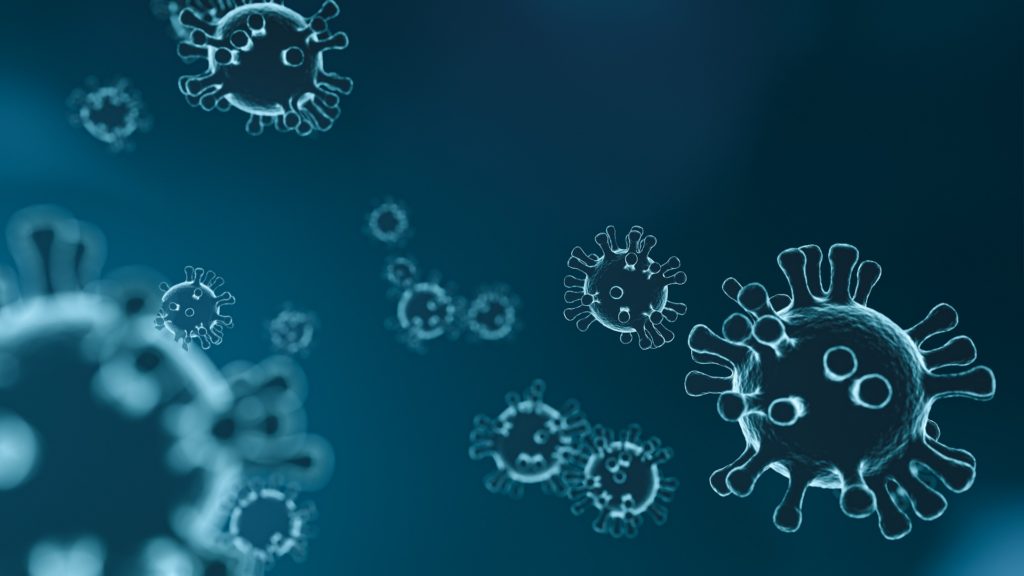Media reports went wild following information from the Centers for Disease Control (CDC) that seemingly suggested the immunity period for those who have tested positive for COVID-19 may last for up to three months. The CDC has since denied this.
In newly updated guidelines released August 3, the CDC wrote that those who have tested positive for COVID-19 “do not need to quarantine or get tested again for up to 3 months as long as they do not develop symptoms again. People who develop symptoms again within 3 months of their first bout of COVID-19 may need to be tested again if there is no other cause identified for their symptoms.”
They also explained that for up to three months following a positive diagnosis, people may continue to test positive but not be infectious to others.
“At this time, we do not know if someone can be re-infected with COVID-19. Data to date shows that a person who has had and recovered from COVID-19 may have low levels of virus in their bodies for up to 3 months after diagnosis. This means that if the person who has recovered from COVID-19 is retested within 3 months of initial infection, they may continue to have a positive test result, even though they are not spreading COVID-19,” the CDC explains.
This update caused many to read that the CDC was implying immunity to COVID-19 may last for a period of three months. However, on August 14 the CDC released a statement saying this is not true.
“Contrary to media reporting today, this science does not imply a person is immune to reinfection with SARS-CoV-2, the virus that causes COVID-19, in the 3 months following infection.
“The latest data simply suggests that retesting someone in the 3 months following initial infection is not necessary unless that person is exhibiting the symptoms of COVID-19 and the symptoms cannot be associated with another illness,” said the CDC in a statement.
They assert that those with COVID-19 must isolate for at least 10 days after symptom onset and until 24 hours after their fever subsides without the use of fever-reducing medications.
There are no confirmed reports to date of a person being reinfected with COVID-19 within three months of initial infection. However, they urge those who have tested positive to continue isolating if they develop symptoms again.
“If a person who has recovered from COVID-19 has new symptoms of COVID-19, the person may need an evaluation for reinfection, especially if the person has had close contact with someone infected with COVID-19. The person should isolate and contact a healthcare provider to be evaluated for other causes of their symptoms, and possibly retested.
“Until we know more, CDC recommends that all people, whether or not they have had COVID-19, continue to take safety measures to avoid becoming infected with COVID-19 (wash hands regularly, stay at least 6 feet away from others whenever possible, and wear masks),” concluded the CDC.
Picture: Pixabay

